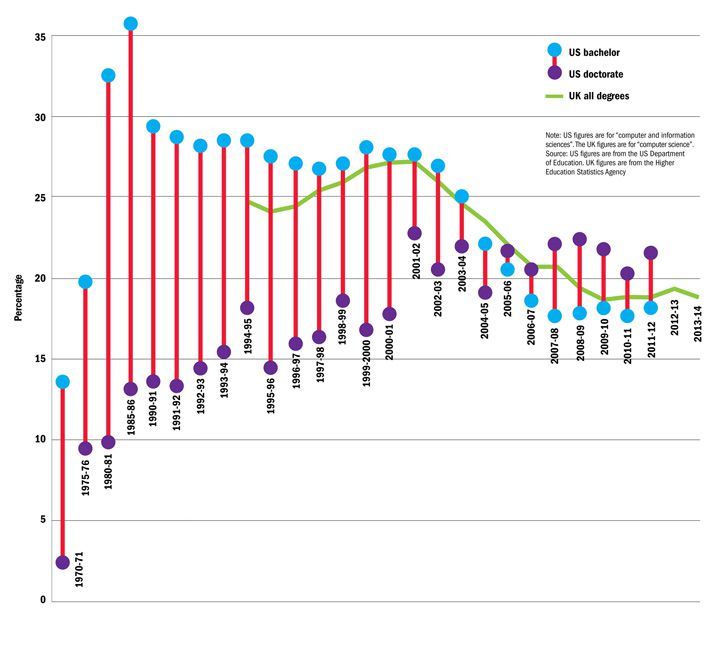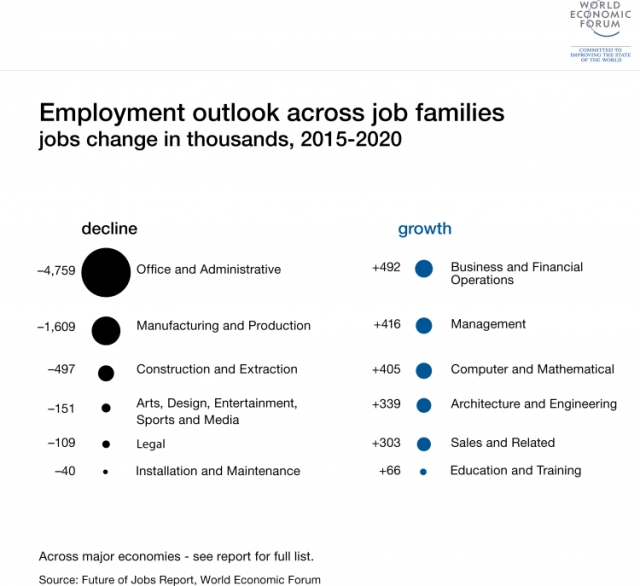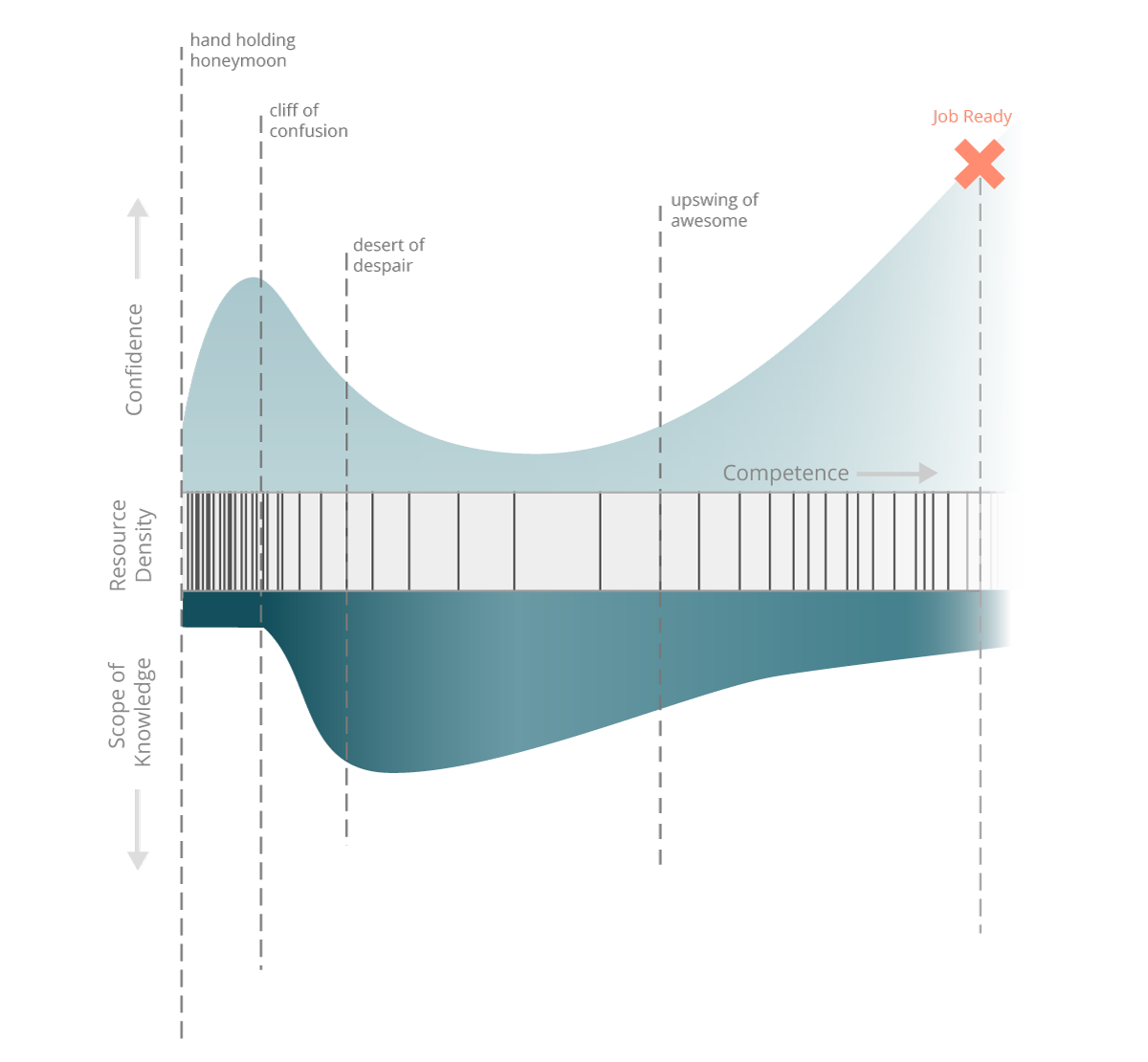As a software engineer we spend a good portion of ourselves developing software for the companies we work for and people we may or may not like. As a software engineer its important to invest in yourself, not just in building your skills but in the whole person.Investing in yourself means to become healthier, happier and smarter. It means to discover hobbies and interests outside of software like skiing or playing games. It also means to focus on learning, reading books, buying better equipment and developing your skills.
Source: You weren’t born to just write code and die – Adam Bourg





